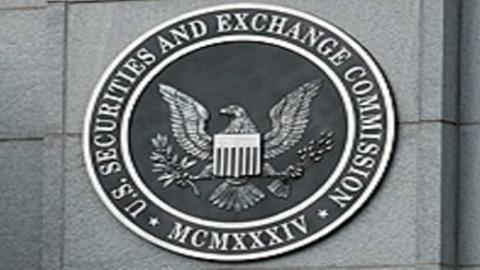Block Faces $40 Million Penalty for Major AML Compliance Failures
Block, a prominent player in the financial technology sector, has been authorized by the New York Department of Financial Services to engage in money transmission activities since 2013 and to operate its virtual currency business through Cash App since 2018. However, a recent investigation has uncovered significant compliance issues within the company’s operations, raising serious concerns about its adherence to regulatory standards.
Investigative Findings on Compliance Issues
The investigation by the regulatory body revealed several critical gaps in Block’s Bank Secrecy Act (BSA) and Anti-Money Laundering (AML) program. Key issues identified include:
- Inadequate Customer Due Diligence: The company failed to perform thorough checks on its customers.
- Insufficient Risk-Based Controls: There was a lack of effective measures to manage risks associated with financial transactions.
- Failure to Monitor Transactions: Block did not effectively and timely monitor transactions, which is essential for compliance.
Concerns Over High-Risk Bitcoin Transactions
The regulatory watchdog also pointed out Block’s lax treatment of high-risk Bitcoin transactions. This oversight allowed numerous largely anonymous transfers to occur without the necessary scrutiny, raising flags about potential illegal activities.
Additionally, the rapid growth of Block’s Cash App from 2019 to 2020 led to a backlog of transaction alerts, which the company did not address for an extended period. This delay in response is particularly concerning for a company of Block’s stature.
Consequences and Future Compliance Measures
As a result of these findings, Block has been required to pay a substantial fine. Furthermore, the company will appoint an independent monitor to assess its compliance with the department’s regulations and to evaluate its remediation efforts.
Adrienne Harris, the Superintendent of Financial Services, emphasized the importance of compliance, stating: “Compliance functions must keep pace with company growth or expansion. The rapid growth of Block’s Cash App absent a robust compliance function created risk and vulnerabilities that violated the rules financial services companies operating in New York must adhere to.”
Moving Forward
To learn more about the implications of this investigation and the importance of compliance in financial services, you can visit the New York Department of Financial Services website for additional resources and updates.







